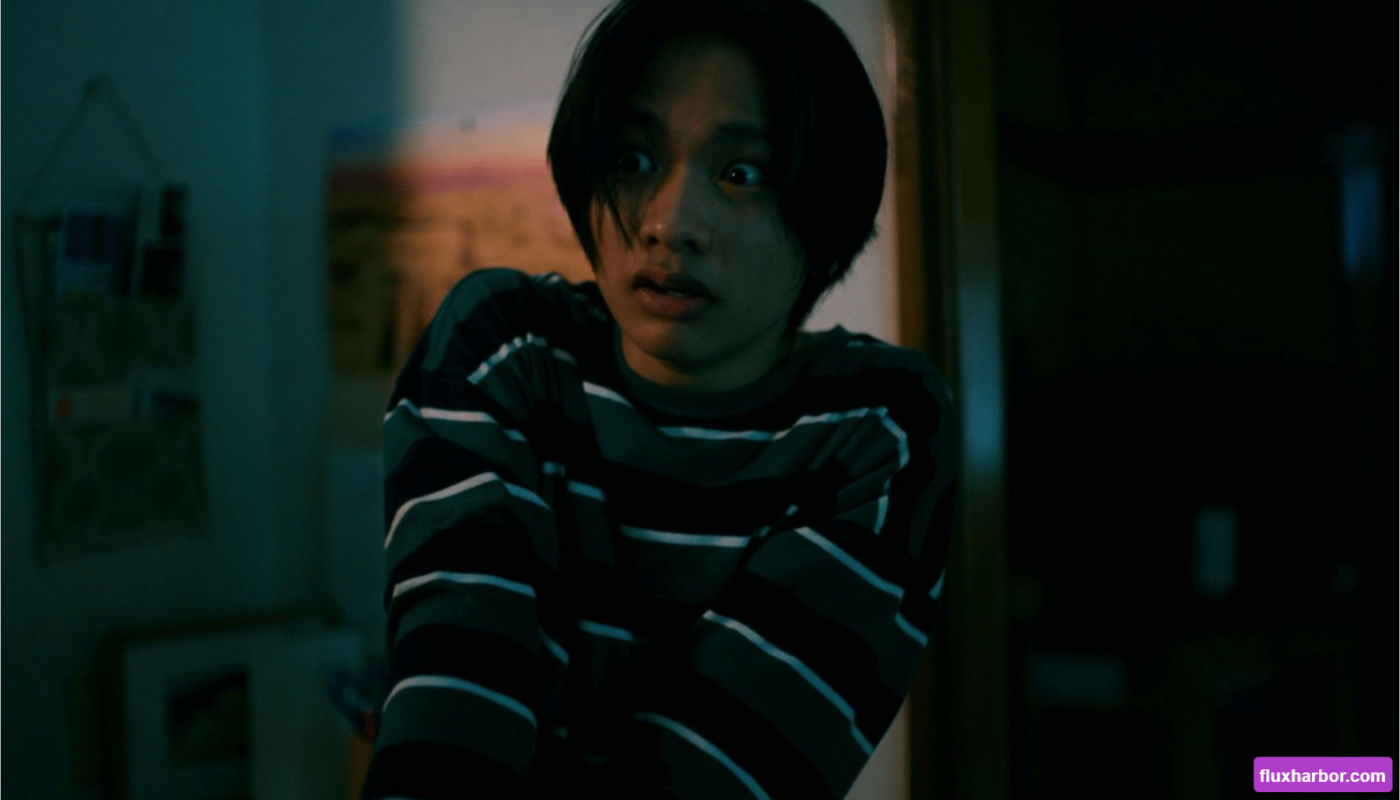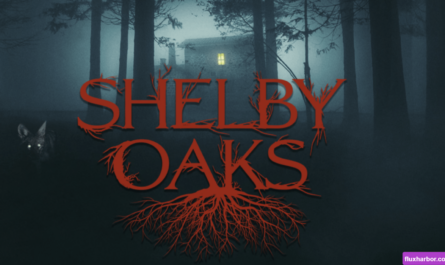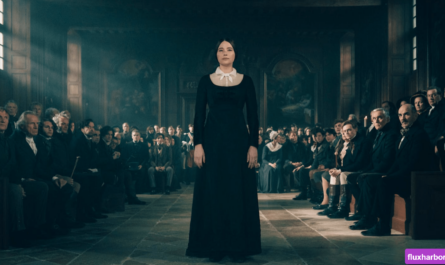House of Sayuri Review: Moving into a new home is always a mix of excitement and stress. The thrill of new beginnings comes with the challenges of adapting to new conditions—whether it’s managing new landlords, parking arrangements, or HOA fees. Sometimes, the hurdles are more supernatural, such as discovering a hidden presence or an angry spirit disrupting the tranquility of a home. In Koji Shiraishi’s latest J-horror film, *House of Sayuri*, a Japanese family encounters an unanticipated tenant: the vengeful ghost of a murdered girl. As the malevolent spirit’s influence grows, the tension escalates, leading to tragic outcomes. *House of Sayuri* is a genre-bending experience, offering both effective scares and some surprisingly humorous moments.
The theme of a haunted house is a classic in J-horror, from Masaki Kobayashi’s 1964 masterpiece Kwaidan to Hideo Nakata’s Ringu and Takashi Shimizu’s Ju-On: The Grudge. Koji Shiraishi, known for his expertise in this domain with films like Noroi: The Curse and Sadako vs. Kayako, continues this tradition in House of Sayuri. Here, the sins of a previous family seep into the lives of the current occupants, with devastating effects. The film skillfully blends horror with dark humor, although the shifting tones and some character arcs may not always hit the mark. Nonetheless, it remains a J-horror film worth watching.
House of Sayuri (2024)
- Release Date: August 23, 2024
- Director: Kôji Shiraishi
- Cast: Ryoka Minamide, Hana Kondo, Zen Kajihara, Fusako Urabe, Kitaro, Kokoro Morita
- Runtime: 108 Minutes
- Main Genre: Horror
- Writers: Kôji Shiraishi, Mari Asato
What Is House of Sayuri About?
The Kamiki family’s dream of owning a perfect countryside home turns into a nightmare when they discover their new residence is haunted by a malevolent spirit. Initially, the disturbances are minor, but they soon escalate to violent hauntings and possessions. The eldest son, Norio (Ryoka Minamide), and his grandmother, Harue (Toshie Negishi), must confront the ghost and uncover its tragic past. As they dig into the ghost’s origins, they face a reckoning that tests their courage and resolve.
House of Sayuri explores several intriguing themes: the inescapability of a family’s sins, the innocence of those who suffer, and the idea that personal vitality may offer some protection against supernatural threats. The film contrasts the Kamiki family’s kind-hearted nature with the ghost’s dark history, creating empathy for the family’s plight. The ghost’s various manifestations effectively reflect its traumatic past, making the horror both engaging and meaningful.
‘House of Sayuri’ Delivers Chilling Depth but Faces Challenges with Tone Shifts
In House of Sayuri, the strength of the film lies in its characters and their performances. The Kamiki family is portrayed with depth and authenticity, from their initial warmth to their escalating fear. Ryoka Minamide’s portrayal of Norio is particularly notable for its emotional range, although his character’s arc, which emphasizes a life-affirming philosophy, occasionally disrupts the narrative. Hana Kondo also shines as Norio’s love interest, Nao Sumida, who adds a layer of intuitive insight to the story.
As the film progresses, particularly in its second half, Toshie Negishi delivers a standout performance as Harue, transforming into a formidable figure against the ghost. Her intense and somewhat comedic approach to battling the spirit, including a memorable training montage, adds a unique flair to the film.
House of Sayuri is distinctive among J-horror films for its sweeping tonal changes. While it starts with a conventional horror style—suspenseful and frightening—the film shifts to a more comedic tone during a life-affirming training sequence. This tonal shift, while entertaining, can sometimes feel jarring. The film’s serious revelations about the ghost’s past are impactful but also contribute to the overall feeling of inconsistency in tone.
‘House of Sayuri’ Offers a Compelling and Tonally Varied Haunted House Experience
House of Sayuri revitalizes the haunted house genre with its inventive approach. The film delivers effective scares and strong performances, with Sayuri’s ghost portrayed as both terrifying and tragic. Its well-constructed narrative is particularly effective in certain segments, such as the life-affirming montage. However, the film does struggle with tone shifts and the development of Norio’s character arc. Despite these issues, House of Sayuri remains an engaging horror film that leaves a lasting impression.



